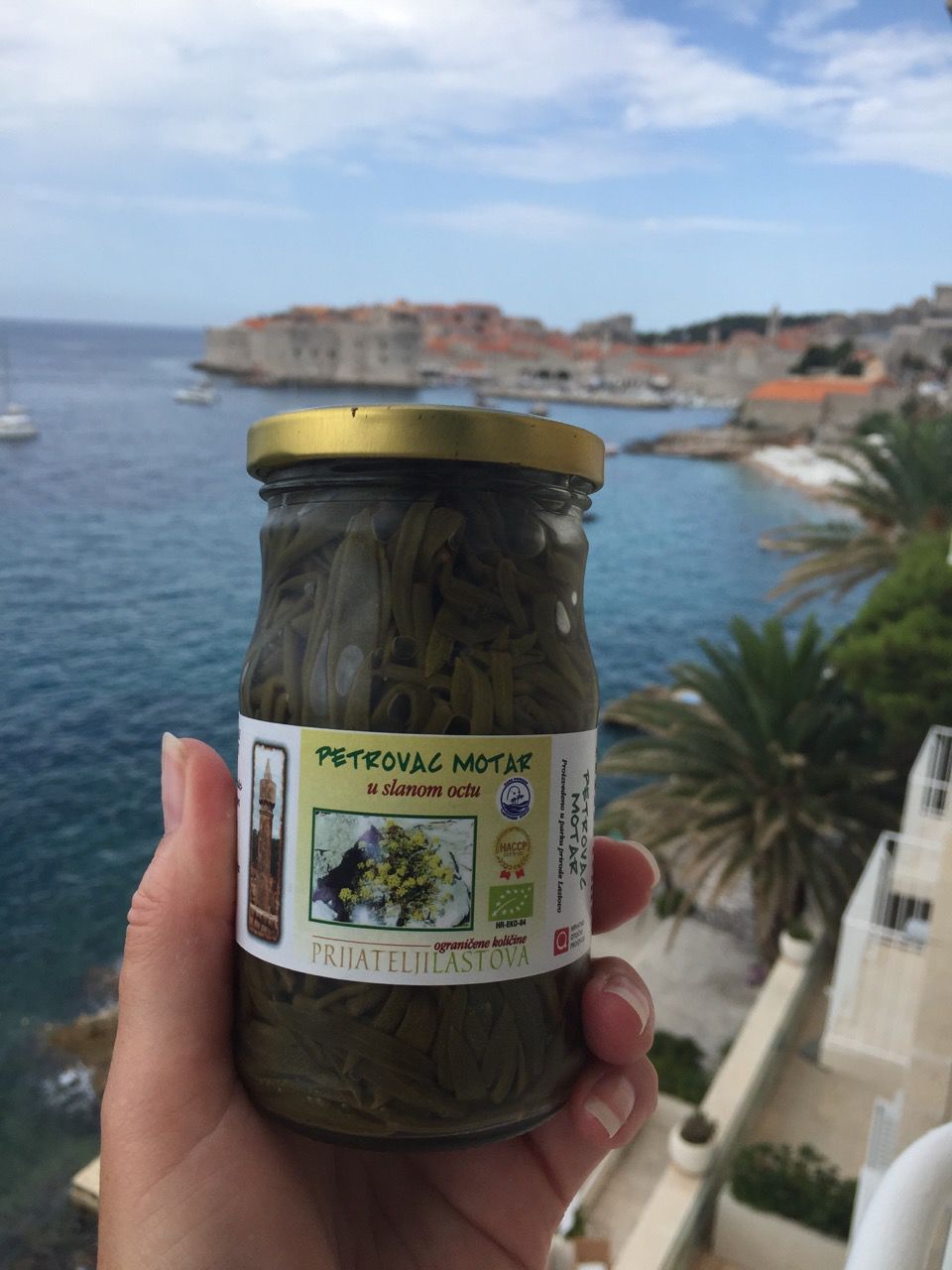Can you whistle a phrase?
A few days ago, Gloria stopped by my desk with a burning question: had I ever heard of the whistling languages?
Proudly, I was able to answer that I had, but quickly became deflated when we realised that neither of us had the slightest idea of how they work. Was there a whistling alphabet with different tones for vowels and consonants? Do you just learn whole phrases by heart for limited daily use? Clearly there was a very large hole in our knowledge, and we immediately set about trying to fill it in.
For those of you who don’t know what we’re talking about, whistling languages are those which have developed (mostly) in areas of extreme terrain, where communication by speech would be impossible but where whistles can carry over large distances (up to a couple of miles). Perhaps most well known is the whistling language Silbo Gomero (of La Gomera) which, once endangered, is now being successfully preserved through mandatory classes at school. The way the language actually works is that the whistled phrase resembles, in intonation and pitch, the phrase in the original language – Spanish, in this case. This means that users can improvise conversations in the same way as with a spoken language, even using modern vocabulary which may not previously have existed.
Gloria has actually been to La Gomera and seen first-hand how they achieve the incredible variations in the whistling language: not just with pursed lips, but with fingers to amplify the sound and change the tone. This is all very impressive to me, but it turns out that Gloria is a bit of an expert at whistling, and graciously offered to demonstrate a few simple techniques. Although it’s not the same as having a whole, developed whistling language at your disposal, she does have a few ‘set phrases’ which she not only uses in specific situations but which are understood by people and – in one case – birds too! Watch to the end to hear her top tip on how to make your whistles extra loud…
If you think you can rival Gloria for expertise in whistling, or have a different whistle you actually use in everyday life, we’d love to hear about it!
Nat
English Idioms: Halloween special [video]
Happy Halloween!
As is EuroTalk tradition, we celebrated the spookiest day of the year (a day early) with fancy dress, pumpkin carving and other Halloween-themed fun.
We also took the opportunity to put together this little video of Halloween-themed English idioms, starring members of the (endlessly talented, we’re sure you’ll agree) EuroTalk team.
We’re expecting our Oscar nomination any day now.
We really hope you love this video as much as we enjoyed making it. If so, please share it with friends, and let’s keep the madness going 😉
And we’re always open to suggestions, so if you have idioms – English or other languages – that you’d like to see immortalised in video, we’d love to hear them!
Taking the Stress Test: how emphasis can change meaning
One of the hardest things to grasp when learning the English language is emphasis. Emphasising a different word in the same sentence, each time can completely change the meaning of it. Some people make the emphasis on a certain word very clear. This can give you the general feeling of the sentence.
Other times it can be harder to pick up the meaning of a sentence and this can lead to you misinterpreting what the speaker means. Emphasis is normally used when someone wants to convey how he or she feels about something; this could be something they feel emotional about.
For example my mum could say to me ‘you’re not doing that tomorrow’.
This could be her checking with me ‘you’re not doing that tomorrow?’ implying that I am, or might be doing it on a different day. However, it is more likely that she is saying to me ‘you are not doing that tomorrow!’ – using this emphasis would make it clear to me that there is no chance I will be doing whatever I wanted to do tomorrow.
Emphasis is used by:
- Stretching out the vowel sound.
- Pausing after the word that is being emphasised is spoken.
- Speaking slower when saying the word they want to emphasise.
- The first syllable is pronounced louder than the other syllables.
Try emphasising a different word in this sentence each time you say it.
‘She isn’t flying to Hawaii tomorrow’
- By emphasising the ‘she’ it implies that it is someone else that is flying to Hawaii tomorrow.
- The ‘isn’t’ shows that she’s not doing this anymore.
- Emphasising the ‘flying’ means that she’s not flying, she may be getting there another way instead.
- ‘To’ this could mean she is flying from or by Hawaii not to.
- Emphasis on Hawaii shows that it could be a different location, not Hawaii.
- Finally, ‘tomorrow’ could mean that it’s actually a different day, not tomorrow.
Isn’t it strange how one sentence can be used in so many different ways?
Alex
10 Years with the JLC – a Teacher’s story!
Here at EuroTalk we love hearing feedback from participants of the Junior Language Challenge! So when runner-up Aalaya Sanjeeva’s teacher Jackie Gliniecka from The Hawthorns School sent us this wonderful message about how she’s found being involved in the competition over the years, we had to share it with you 🙂
10 years ago, in 2005, we received a flyer from EuroTalk telling us about this competition, and we encouraged the children to enter it. It was an exciting adventure and we have repeated the experience every year since.
I remember so clearly, when we reached the semi-finals and I met Dick Howeson for the first time. His passion for languages and education, together with his compassion and drive to change the world, completely bowled me over; when talking about the competition to anyone and everyone who stands still for long enough to listen, I feel compelled to try and include a description of Dick. The best I can manage, to convey his wonderful energy, enthusiasm and gentle treatment of these young children combined with the fantastic difference that he encourages them all to make in the world, is a sort of cross between a kindly mad professor and a true saint! And what a fantastic team he has built up around him, too; Liz, who is always there to answer all queries in an incredibly efficient and kindly way so as to not scare the teachers and parents; Franco, who has the unenviable task of running the semi-finals and the finals with a rod of iron, yet maintaining a kindly, gentle, friendly demeanour so as not to scare the children; and countless others who make taking part in this competition a real joy.
Over the years, so many of my pupils have benefitted in so many ways from this wonderful competition; not only do they get the chance to try lots of different languages, thereby deepening their general knowledge of language and developing language learning strategies, but also it opens windows onto the world, helping to turn them into good global citizens, sowing the seeds that will encourage them, like Dick, to make a difference in the world. It is all done in such a gentle, fun way, encouraging independent learning, allowing the children to push themselves as far as they want to and at the same time helping the amazing work of the charities that the JLC support.
Aalaya has entered this competition 3 years in a row and has made the final each time. She was ecstatically happy to have come second this year and the whole school is so proud of her. This competition requires so much more than just the ability to acquire huge amounts of language in a very short space of time; you need a brilliant memory, a very cool head, nerves of steel, the ability to stay calm and focused and the faith to persevere under extreme pressure. What a brilliant set of skills to develop, and, although Aalaya has all these skills in bucketfuls, it has been so rewarding for me to see her develop and hone them enable her to achieve such a high standard in your competition.
The great thing is, though, as Dick always tells them, just to have entered makes them winners because of the good they are doing for others and the fun they have along the way!

Jackie (left) with Aalaya and her parents, alongside JLC champion Tudor Mendel-Idowu and fellow runners-up Cassandra Emmanuel and Isobel Eason
Look out for next week’s blog post to find out what second place finalist Aalaya and her mum Priya think about the Junior Language Challenge!
If you were part of the Junior Language Challenge in 2015 – or any previous year – and you’d like to share your story, please email us at jlc@eurotalk.com; we love hearing from our JLCers 🙂





